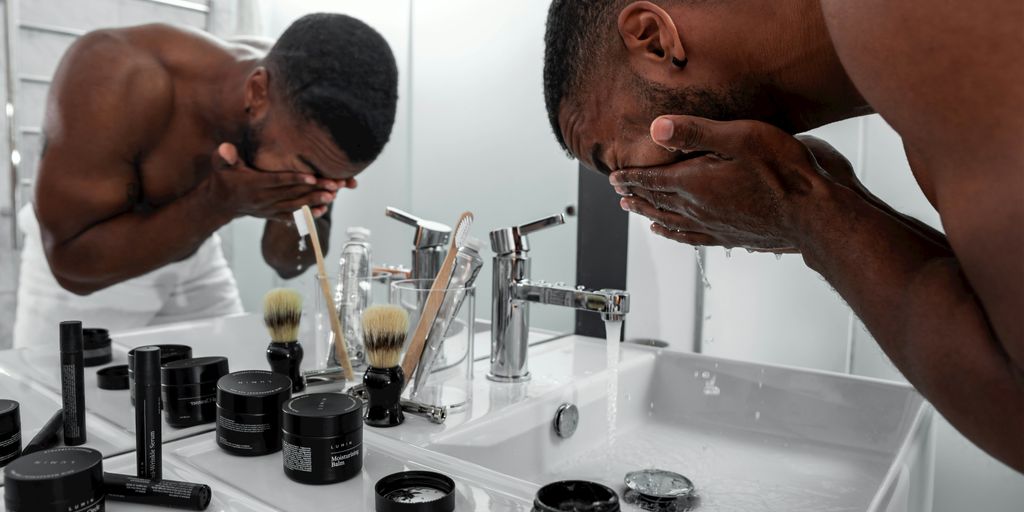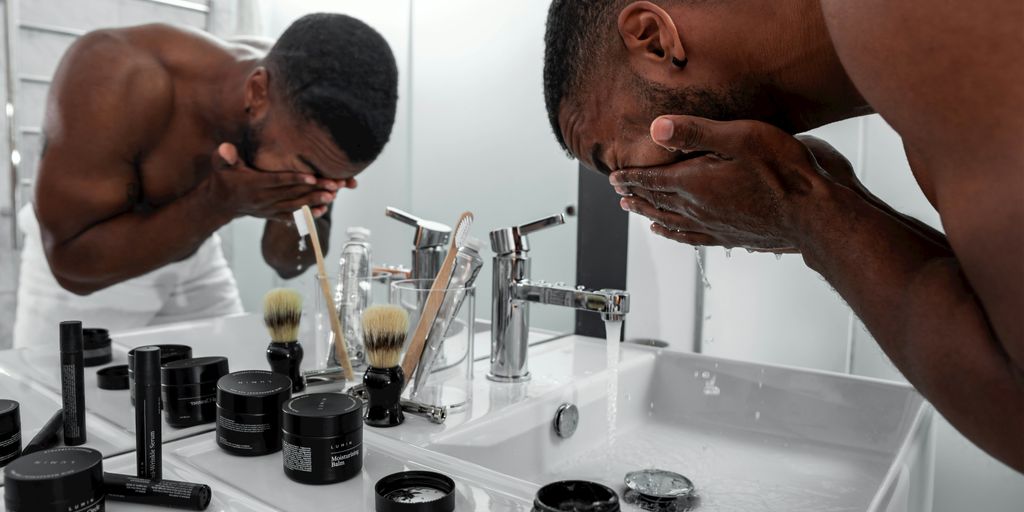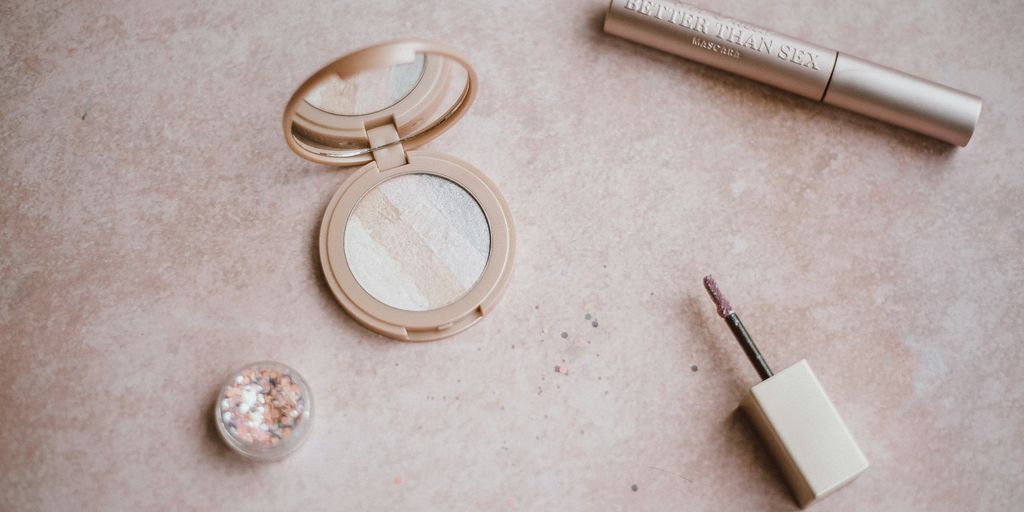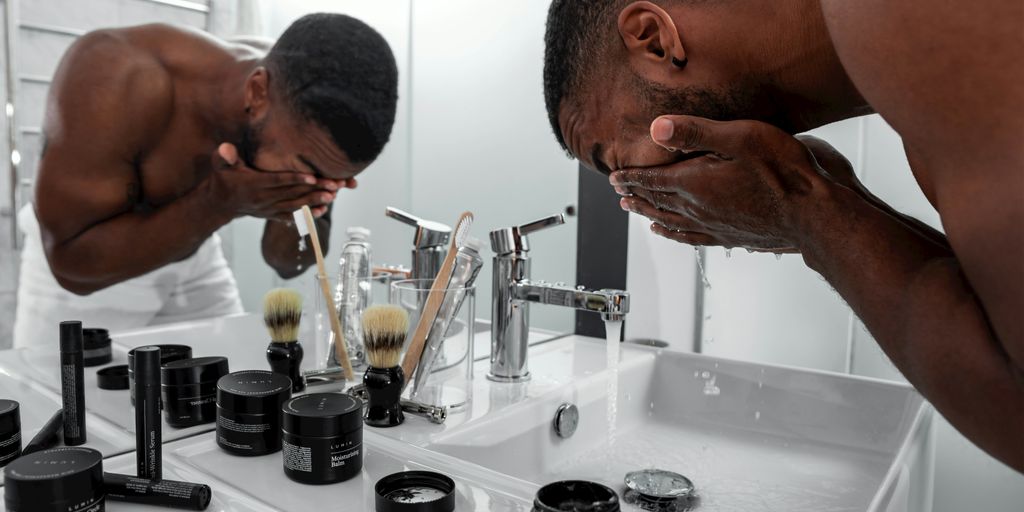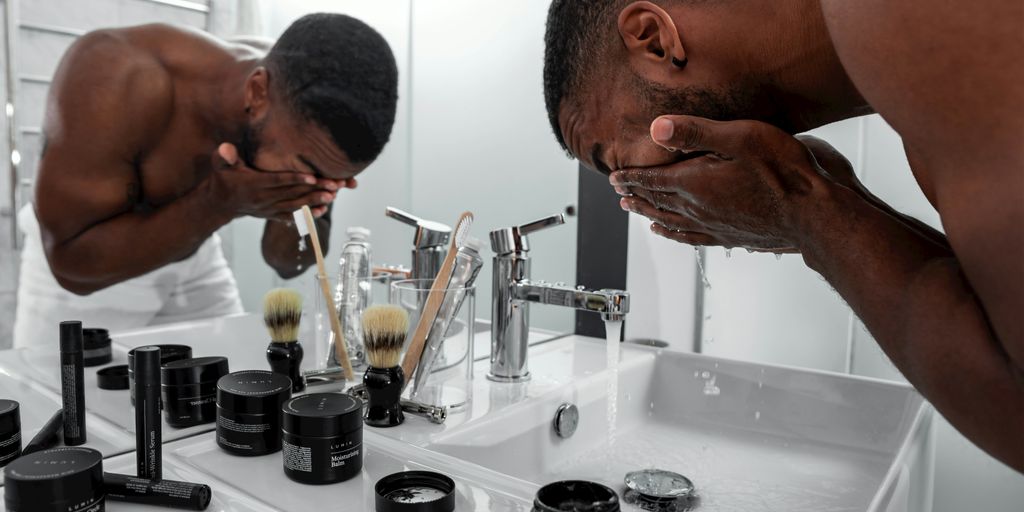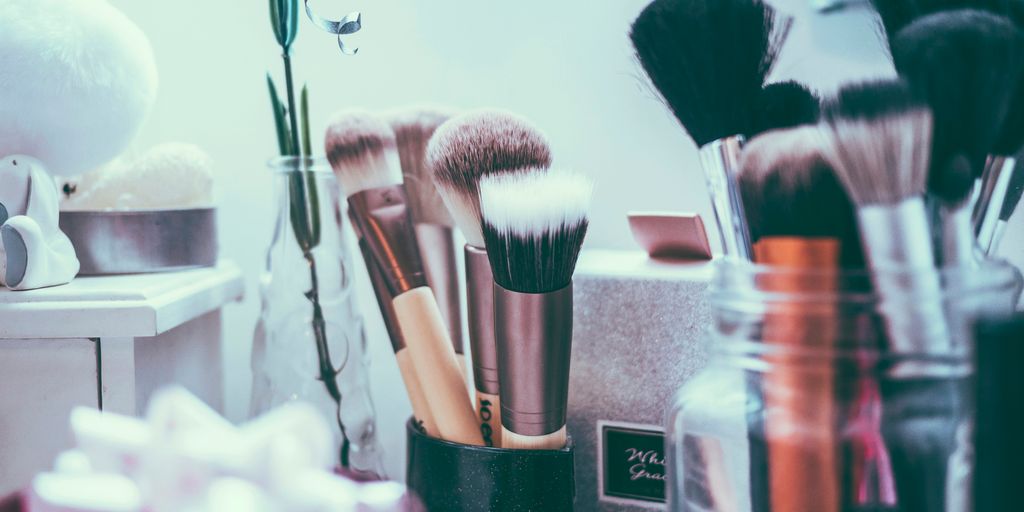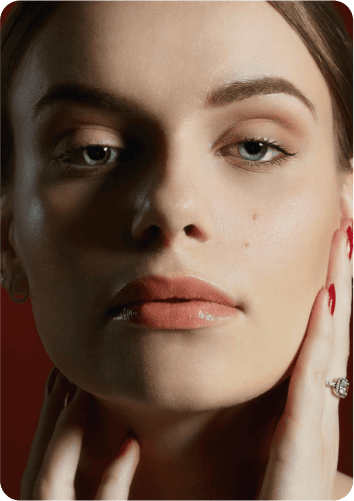As consumers become more conscious about the products they use, the question of whether a brand is cruelty-free has gained significant importance. Drunk Elephant, a popular skincare line, has been at the forefront of this conversation. In 2025, we take a closer look at the brand’s ethical practices, particularly regarding its cruelty-free status. Is Drunk Elephant cruelty free? Let’s break it down and see what the brand really stands for.
Key Takeaways
- Drunk Elephant is committed to being cruelty-free and does not test on animals.
- The brand uses vegan formulations and focuses on ethically sourced ingredients.
- Drunk Elephant has received certifications that support its cruelty-free claims.
- Sustainability is a priority, with efforts to reduce packaging waste and carbon footprint.
- Consumer perception is generally positive, with many influencers endorsing the brand’s ethical practices.
Understanding Drunk Elephant’s Cruelty-Free Status
What Does Cruelty-Free Mean?
When we talk about a brand being cruelty-free, it generally means that the company doesn’t test its products or ingredients on animals at any stage of development or manufacturing. This includes not only the final product but also the individual components used to create it. It’s important to note that the definition can vary, and some companies might claim to be cruelty-free while still allowing third-party testing in certain countries where it’s required by law. Understanding these nuances is key to making informed choices as a consumer.
Drunk Elephant’s Commitment to Animal Welfare
Drunk Elephant has stated its commitment to animal welfare, but it’s worth digging deeper to understand the specifics. Do they have a formal policy against animal testing? Do they ensure their suppliers also adhere to cruelty-free practices? These are important questions to consider. It’s not always enough to take a brand’s word for it; verifying their claims through independent sources is always a good idea.
Certifications and Standards
Certifications from organizations like Leaping Bunny or PETA can provide extra assurance that a brand is truly cruelty-free. These certifications involve a rigorous audit process and require companies to meet specific standards. However, it’s also important to remember that not all cruelty-free brands seek certification, and the absence of a logo doesn’t automatically mean a brand isn’t ethical. Here’s a quick look at some common certifications:
- Leaping Bunny: A globally recognized standard.
- PETA’s Beauty Without Bunnies: Another widely known program.
- Choose Cruelty Free (CCF): An Australian organization.
It’s always a good idea to do your own research and not rely solely on certifications or marketing claims. Look for transparency and detailed information about a brand’s practices to make an informed decision.
Ingredients and Sourcing Practices
Are Ingredients Ethically Sourced?
When we talk about ethical sourcing, it’s more than just a buzzword. It’s about making sure the ingredients in your favorite Drunk Elephant products are obtained in a way that respects both people and the planet. Drunk Elephant has made claims about their commitment, but let’s look closer. Are the farms using fair labor practices? Are the extraction methods sustainable? These are the questions we need to ask.
- Fair wages for workers
- Sustainable farming techniques
- Reduced environmental impact
The Role of Vegan Formulations
Drunk Elephant often highlights its vegan formulations, which is a big plus for many consumers. But vegan doesn’t automatically equal ethical or sustainable. It simply means no animal-derived ingredients are used. The brand avoids animal-derived ingredients, which is a great start. However, the ingredients replacing animal products still need to be scrutinized. Are they synthetically produced? If so, what’s the environmental impact of their creation?
It’s important to remember that even vegan ingredients have a supply chain. Understanding that chain is key to truly assessing a brand’s ethical commitment.
Transparency in Ingredient Lists
Transparency is key. Drunk Elephant provides ingredient lists, which is a good start. But how easy is it to understand where those ingredients come from and how they’re processed? Are they being upfront about potential issues? A truly ethical brand will go beyond simply listing ingredients and will actively share information about their sourcing and production practices. It’s about empowering consumers to make informed choices.
- Clear and understandable ingredient lists
- Information about ingredient origins
- Disclosure of potential ethical concerns
Testing and Development Processes
How Are Products Tested?
When a new Drunk Elephant product is in the works, it goes through a bunch of tests. It’s not just a quick check; they really try to see how it works. They look at everything, from how well it hydrates your skin to whether it causes any irritation. Testers with different skin types use the products in their daily lives, in different environments, to make sure the products work for everyone. It’s a pretty thorough process.
Animal Testing Policies Explained
Drunk Elephant states they don’t test on animals, and that’s a big deal for a lot of people. But it’s more than just a statement. They also make sure their ingredient suppliers don’t test on animals either. It’s about the whole process, not just the final product. This commitment is a key part of their brand.
Third-Party Testing and Oversight
To back up their claims, Drunk Elephant uses third-party testing. This means an independent lab checks their products to make sure they’re safe and that they do what the company says they do. This adds another layer of trust, because it’s not just the company saying their products are good; someone else is confirming it. It’s like getting a second opinion, which can be really reassuring.
Using third-party oversight helps ensure that Drunk Elephant’s testing and development processes are transparent and reliable. This is important for maintaining consumer trust and upholding ethical standards in the beauty industry.
Sustainability and Environmental Impact
Okay, so let’s talk about how Drunk Elephant is trying to be a good neighbor to the planet. It’s not just about what goes on your skin, but also what happens to the Earth in the process, right?
Eco-Friendly Packaging Initiatives
Honestly, packaging is a huge deal. Drunk Elephant has started making changes, and it’s good to see. They’re aiming for more recyclable materials, which is a step in the right direction. I’ve noticed they’re using less plastic in some products, and that’s a win. It would be great to see them expand this to the whole line, though. Here are some things they are doing:
- Using recycled plastics where possible.
- Designing packaging to be easily recyclable by consumers.
- Reducing the overall amount of packaging material used.
Sustainable Ingredient Sourcing
Where ingredients come from matters. Are they harming ecosystems? Are workers being treated fairly? These are important questions. Drunk Elephant says they’re working on sourcing ingredients responsibly, but it’s not always clear exactly how. More transparency here would be awesome.
Reducing Carbon Footprint
Okay, so this is a big one. It’s about the whole process, from making the product to getting it to your door. Drunk Elephant is looking at ways to shrink their carbon footprint, which is cool.
They’re trying to cut down on emissions during manufacturing and shipping. It’s a long road, but every little bit helps. I’m hoping to see some concrete numbers on their progress soon. It’s one thing to say you’re doing it, and another to show the data.
Here’s a quick look at some areas they’re focusing on:
- Optimizing shipping routes to reduce fuel consumption.
- Investing in more energy-efficient manufacturing processes.
- Supporting carbon offset programs to balance out their emissions.
Consumer Perception and Brand Reputation
Public Opinion on Cruelty-Free Claims
Consumer perception is everything when it comes to cruelty-free claims. People are savvier than ever, and they’re not afraid to call out brands that are being dishonest. A brand’s reputation can be made or broken by how well it aligns with consumer values. It’s not enough to just say you’re cruelty-free; you have to show it through transparent practices and certifications. If a brand’s messaging doesn’t match its actions, consumers will notice, and they’ll take their business elsewhere.
Influencer and Expert Endorsements
Influencers and experts play a big role in shaping public opinion. When a trusted source vouches for a brand’s ethical practices, it carries a lot of weight. However, it’s a double-edged sword. If an influencer promotes a brand that later turns out to be misleading consumers, both the brand and the influencer’s credibility take a hit. It’s important for brands to choose their partners wisely and ensure they’re genuinely aligned with their values.
Comparisons with Other Brands
Consumers often compare brands side-by-side to see how they stack up in terms of ethical practices. This includes looking at things like:
- Animal testing policies
- Ingredient sourcing
- Sustainability initiatives
- Certifications
Brands that are transparent and proactive in these areas tend to fare better in these comparisons. It’s not just about being cruelty-free; it’s about being better than the competition.
Brands have “turned faceless commodities into personal and emotional goods…[and] goods [have] become social objects” that are “props and scripts that help us to perform our identities.”
Here’s a simplified example of how consumers might compare brands:
| Brand | Cruelty-Free Status | Sustainability Efforts | Transparency |
|---|---|---|---|
| Drunk Elephant | Yes | Moderate | High |
| Brand X | No | Minimal | Low |
| Brand Y | Yes | High | Moderate |
Future Directions for Drunk Elephant
Innovations in Ethical Practices
Looking ahead, Drunk Elephant has some interesting opportunities to push the boundaries of ethical beauty. One area they could explore is biotechnology for creating ingredients. This could reduce reliance on traditional sourcing methods, which sometimes have environmental or ethical concerns. Imagine lab-grown alternatives to certain plant-derived ingredients, ensuring both sustainability and consistent quality. They could also invest more in fair trade partnerships, ensuring that communities involved in ingredient production benefit directly.
Potential Changes in Formulations
It’s likely we’ll see Drunk Elephant continue to refine their formulations. This could mean:
- More vegan options, catering to a growing consumer demand.
- Eliminating any remaining ingredients of concern, even if they’re currently considered safe.
- Focusing on even more sustainable packaging materials.
- Exploring new peptide technologies, similar to their Protini Polypeptide Cream, but with enhanced efficacy.
The beauty industry is constantly evolving, and Drunk Elephant will need to adapt to stay ahead. This means not only keeping up with scientific advancements but also listening to consumer feedback and addressing any concerns about their products.
Commitment to Continuous Improvement
Drunk Elephant’s future hinges on their dedication to getting better. This isn’t just about new product launches; it’s about a holistic approach to ethical and sustainable practices. They could implement more rigorous auditing of their supply chains, ensuring that every step of the process meets their standards. Also, increased transparency is key. Sharing more information about their sourcing, testing, and manufacturing processes would build trust with consumers. Ultimately, continuous improvement means always seeking ways to minimize their environmental impact and maximize their positive social impact.
As we look ahead, Drunk Elephant is set to explore exciting new paths in skincare. The brand is committed to innovation, focusing on clean ingredients and sustainable practices. They aim to expand their product line while staying true to their core values. If you want to stay updated on their latest developments and eco-friendly initiatives, visit our website for more information!
Final Thoughts on Drunk Elephant’s Ethical Practices
So, is Drunk Elephant truly cruelty-free? The brand has made some solid commitments to not testing on animals and being transparent about their ingredients. They’ve got a good reputation in the industry, and many consumers appreciate their efforts. But it’s also important to remember that the beauty world is always changing. While Drunk Elephant seems to be on the right track, it’s wise for shoppers to stay informed and keep asking questions. If you care about cruelty-free products, it’s worth checking in on how brands like Drunk Elephant evolve over time. Ultimately, your choices matter, and supporting brands that align with your values can help push the industry in a better direction.
Frequently Asked Questions
Is Drunk Elephant a cruelty-free brand?
Yes, Drunk Elephant is cruelty-free. They do not test their products on animals and do not allow others to do so for them.
What does cruelty-free mean?
Cruelty-free means that a brand does not test its products on animals at any stage of production.
Are Drunk Elephant products vegan?
Some of Drunk Elephant’s products are vegan, meaning they do not contain any animal-derived ingredients.
How does Drunk Elephant ensure its ingredients are ethically sourced?
Drunk Elephant focuses on using high-quality ingredients and works with suppliers who share their commitment to ethical sourcing.
What kind of packaging does Drunk Elephant use?
Drunk Elephant uses eco-friendly packaging whenever possible to reduce waste and environmental impact.
How does Drunk Elephant compare to other skincare brands?
Drunk Elephant is often praised for its clean ingredients and ethical practices, making it a popular choice among consumers who care about these issues.
